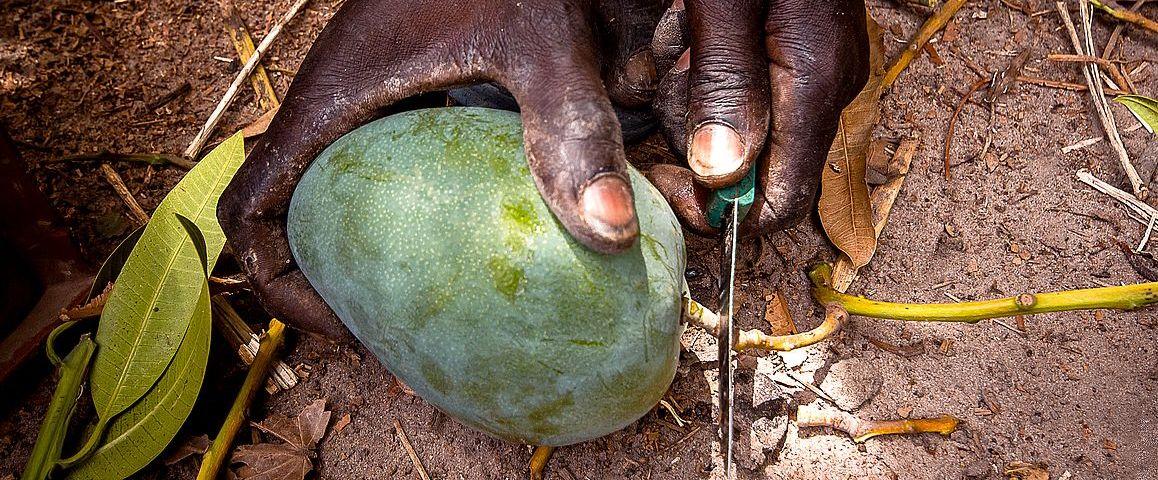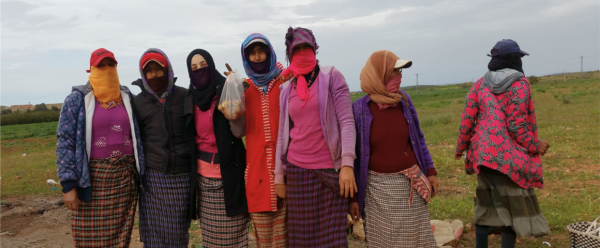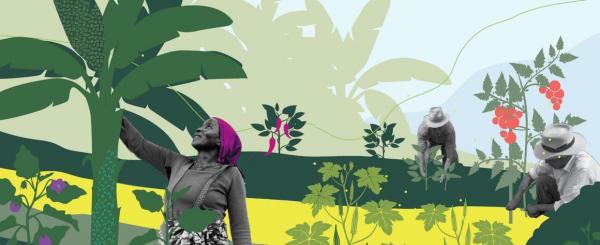Just out 30 January 2026
- Home
- CIRAD news
- News
- Food system assessment method
Catalysing the sustainable, inclusive transformation of our food systems

© R. Belmin, CIRAD
Food systems play a fundamental role in achieving the sustainable development goals (SDGs). The imperative – and the challenge – for food systems is not just ensuring food and nutrition security. They must also preserve natural resources and biodiversity, contribute to inclusive growth by providing jobs and livelihoods, and foster equity between players and balanced territorial development.
A method developed by CIRAD experts has been used to assess more than 50 food systems, as part of the FSA (Food System Assessment) project. This joint initiative on the part of the European Union, FAO and CIRAD aims to pinpoint the main issue and possible solutions for a sustainable, inclusive transformation of these systems.
The Food System Assessment was launched in eight pilot countries (Bhutan, Burkina Faso, Colombia, Dominican Republic, Madagascar, Malawi, Nepal and Senegal) and has since been rolled out to more than 50 countries
These assessments are based on a systemic approach that covers the food system in its entirety. They look at the many interactions between the different parts of the system: change drivers, players and their activities, and the impacts generated.
The analyses done in each country serve to highlight the vital issues surrounding the sustainability of food systems. The multi-stakeholder dialogues required to build those analyses and the results of the work will eventually help to build new policies and innovative forms of investment, for a more sustainable, inclusive transformation of food systems.




























